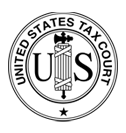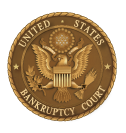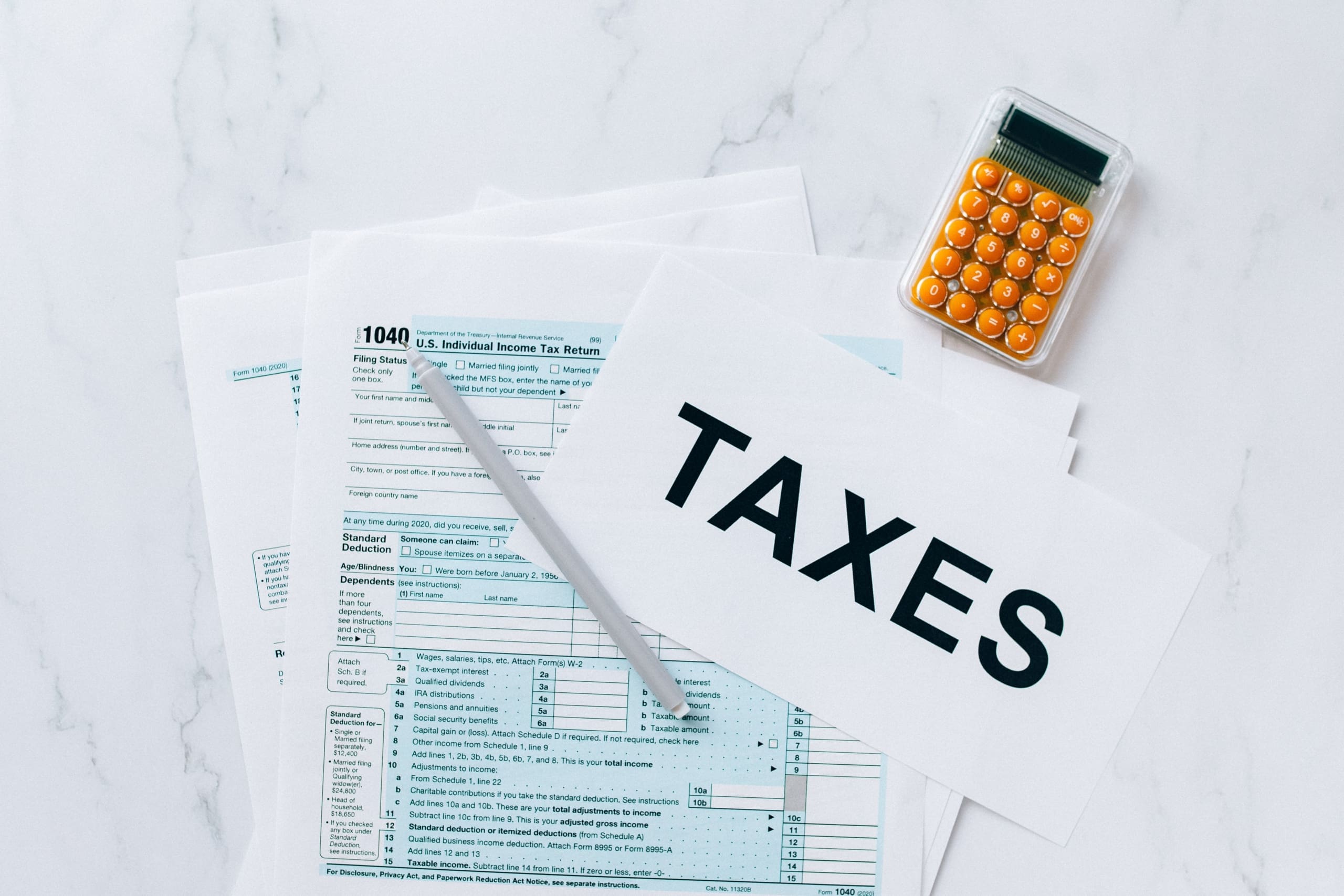STRUGGLING WITH DEBT? BANKRUPTCY MAY BE AN OPTION.
STRUGGLING WITH DEBT?
You have tried but the struggle is never ending. It seems as soon as you start to get ahead something else comes up and gets you behind. Bankruptcy may be the answer to your financial troubles. Bankruptcy gets rid of debts and sets you on the path to a fresh financial start.
Chapter 7 and Chapter 13 are the most common cases. Each chapter has its own rules. To find out more, meet with one of our attorneys who will advise which path is best for you.
CHAPTER 7 BANKRUPTCY
Chapter 7 Bankruptcy is also referred to as straight bankruptcy. This chapter is available for most consumers. Under Chapter 7 Bankruptcy protection you discharge all unsecured debts. A discharge is a document issued by the federal court which deems your debt satisfied and non-collectable by creditors. Once you file Chapter 7 all collection practices by creditors must stop by court order. This includes, but is not limited to phone calls, mail harassment, court proceedings and garnishments.
Chapter 7 is sometimes referred to as a liquidation bankruptcy because the Chapter 7 Trustee may take some of your assets and sell them to pay your debts. However, our clients can protect and keep most assets (usually all) through exemptions provided by the bankruptcy code and careful pre-planning. Call our office today for your free consultation to discuss your individual situation.
In Chapter 7 Bankruptcy you are able to keep your home and vehicle. You must however, be current or able to catch up on your payments if you wish to keep the asset. The creditor will have a reaffirmation agreement for you to sign and this will deem the debt non-discharged through the bankruptcy. This reaffirmation agreement also ensures that the creditor will continue to report your payment history to the credit reporting agencies, thus rebuilding your credit after the bankruptcy filing.
CHAPTER 13 BANKRUPTCY
Chapter 13 bankruptcy is designed for those who are over the income limit for Chapter 7 or are behind on their home or vehicle and want to keep these assets. Chapter 13 is a re-payment plan in which you pay between 1% to 100% of your debts (depending on your individual circumstances). An unsecured creditor cannot charge you interest during a Chapter 13. Once you complete your case all of your debts will be discharged.
Chapter 13 bankruptcy, also referred to as “a wage earner plan”, allows you to retain ownership and possession of assets that you wish to keep. You may also choose to surrender assets through Chapter 13. To qualify for a Chapter 13 Bankruptcy you must have income to support the case as you will be making monthly payments to the Chapter 13 Trustee who will then disburse these funds to pay your creditors.
Chapter 13 can stop a foreclosure. If you are in foreclosure and want to save your home you can file a Chapter 13 to stop the foreclosure. Your mortgage holder cannot object to your bankruptcy filing. Chapter 13 generally lasts for a three to five year period. During this time you make up all your missed payments and the Trustee will disburse your regular house payment. At the end of your case the Trustee will file a notice with the Court that all payments are current and deem that your mortgage holder cannot come back on you for additional fees incurred while you were under bankruptcy protection.
If you are behind on your vehicle, Chapter 13 can also stop repossession and give you time to make up the missed payments over a three to five year period.
AFTER DISCHARGE AND ON THE PATH TO A FRESH FINANCIAL START
Once you receive your discharge creditors can no longer collect on these old debts. They cannot send you a bill, they cannot call you, they cannot take you to court, they cannot garnish your wages. You will be free and clear from these debts and on the road to a fresh financial start! As a result, you can re-build your credit and move forward. Most importantly, you should make all payments for debts on which you reaffirmed on time and seriously consider your budget before taking on future debt. Your credit rating will improve in no time.















